Verified by expert
Growing Hemp In The UK
Under Henry VIII, the cultivation of hemp in Great Britain was compulsory. Farmers could pay their taxes with hemp and be fined if they did not allocate part of their land to hemp growing.
Cotton did not grow in Britain, and the British Empire had not yet expanded to provide Britain with enough cotton. Therefore, hemp was prized for its versatility and was widely used in sails, nets, textiles, fabrics, fibers and ropes. Fast to our time and the place of hemp in the British agricultural landscape has changed dramatically.

In the 20th century, the cultivation of hemp in the UK was banned due to its proximity to marijuana: governments hesitated to allow hemp production, even though industrial hemp was different from marijuana.
It wasn't until 1993 that Great Britain legalized the cultivation of hemp as an industrial crop. Since then, hemp has been able to be grown legally in the UK, despite strict restrictions and rules in place.
What is hemp?
There is sometimes confusion about the difference between hemp, cannabioids and marijuana and the terms can be confused. Hemp is a strain of the cannabis Sativa plant family and contains little or no THC, compared to marijuana, which has a higher THC content.
Is it legal to grow hemp in the UK?
The short answer is yes, under certain circumstances. Currently, only hemp plants that have a maximum THC of 0.2% can be grown in the UK.
Can hemp be grown in the UK?
Given that farmers were 16 years old as a plant, hemp is remarkably robust and easy to grow. It is a strong plant that requires little maintenance and suffers from few diseases.
How can I grow hemp in the UK?
Hemp is an annual plant that reaches a height of 4 to 15 feet. In the northern hemisphere, hemp is planted between March and May and reaches maturity by the end of summer, around three to four months after planting.
All parts of the hemp can be used including flowers, seeds, leaves, and stems. Aside from traditional uses to make fibers, fabrics, and ropes, hemp is now used in paper, bioplastics, biofuels, cosmetics, and even in the construction industry.
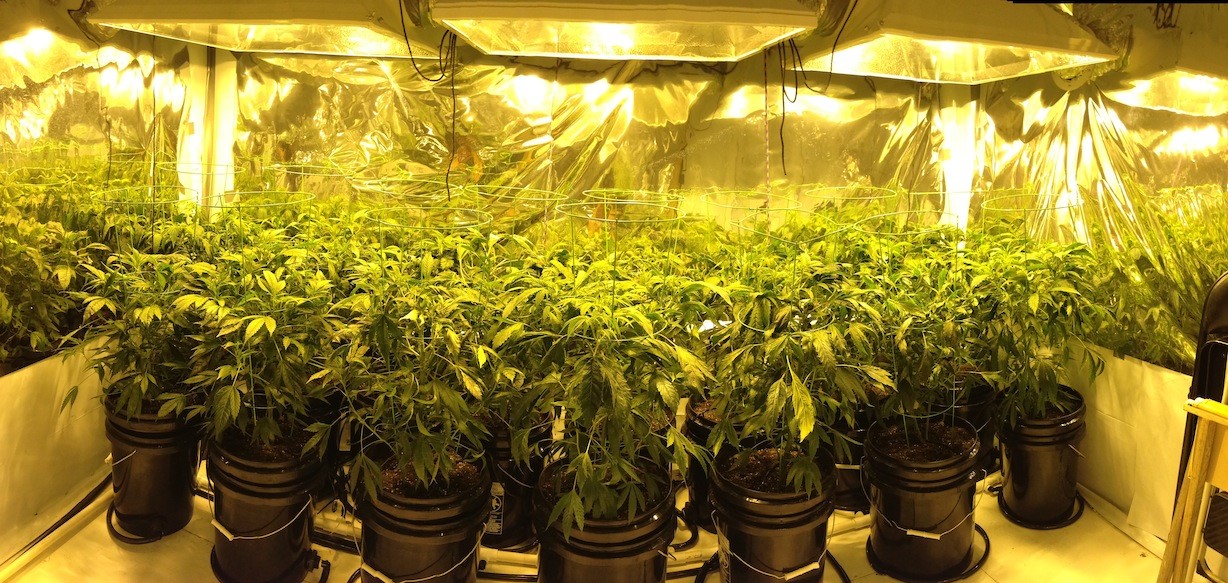
Growing hemp in your home
It is illegal to grow hemp (hemp and marijuana) plants in your home because the plants are classified as illegal substances under the Drug Abuse Act of 1979. It doesn't matter if it's for personal use or you grow it for Sell. If you are caught growing marijuana you could face up to 14 years in prison and / or receive an unlimited fine.
Benefits of growing hemp
Hemp is a fast growing plant that requires little maintenance. Thanks to its rapid growth, it binds carbon dioxide, making it a potential ally in the fight against climate change.
For what purposes is hemp grown?
Although hemp cultivation has gained more attention recently due to the CBD boom, industrial hemp is grown for a wide variety of purposes. It is used in many different products, from shampoos and skin care to use on clothing and textiles. Hemp seeds are also used as a food supplement.
In addition, hemp is a cultivated plant for biological remediation. This means that it cleans the soil of harmful pesticides, herbicides and heavy metals by improving its structure.
Aside from its ability to cleanse soils, hemp roots sequester and extract nutrients from the soil before they are washed away by the groundwater. Hence, hemp can help restore the soil microbiome and other necessary bacteria. This is why farmers often plant hemp between crops to improve their soils and replenish them with nutrients.
Hemp also requires few pesticides and herbicides, making it a relatively cheap and environmentally friendly crop.
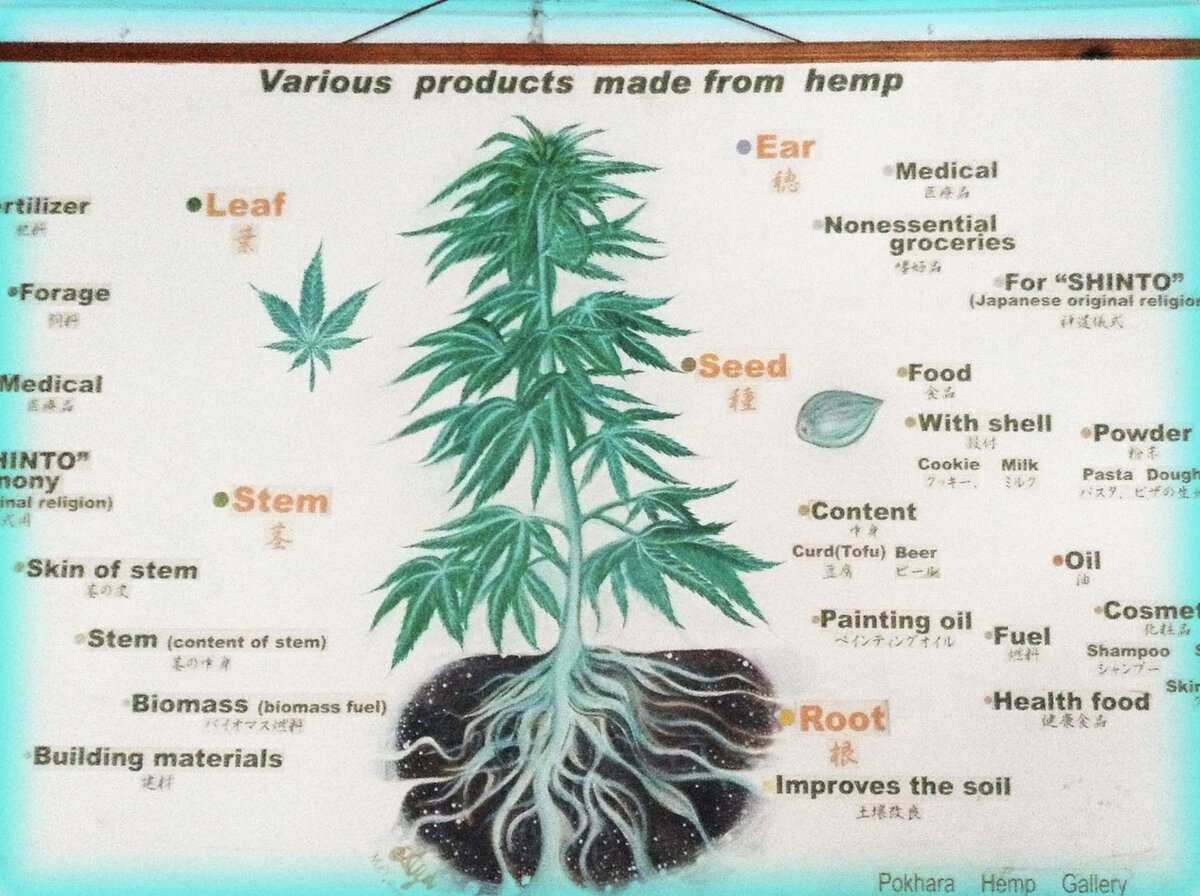
Conditions for growing hemp in the UK
Once your license is approved, the Home Office can still impose conditions on cannabis growing. They will most likely include the following:
- Restrictions on the place of planting the crop
- You must carefully locate or weed out the crop so that it cannot be seen near schools or in public places.
- You must inform the local police about your cannabis farm.
- You only start growing cannabis after you get your license.
- You must renew your license for every growing season.
Grow industrial hemp as a business
UK companies can apply to the UK Home Office for a license to grow industrial hemp. The license is called the National Controlled Drug License, and it only allows you to grow low-THC cannabis (industrial hemp) for harvesting fiber and vegetable seeds. The license does not allow you to harvest hemp flowers that contain a high concentration of CBD and does not allow you to extract CBD. In other words, the license does not allow you to "do" CBD.
What are the legal requirements for growing hemp in the UK?
While much looser than the previous legislation, the current law has severely restricted hemp growing in the UK.
Obtain a license from the home office
First of all, hobby or non-farmers cannot grow hemp in their garden. Hemp can only be grown by licensed farmers.
Before growing hemp, farmers must have a trading company and obtain a license from the Home Office.
The application is available online and farmers are required to provide specific information about their future hemp business. In particular, they must provide their personal data and contact details as well as their parcel, field location, cultivation area, grid reference and special hemp cultivation location within the parcel. They must also state the type of seeds they are going to plant, the THC content of their strain, which must be less than 0.2%, and confirm that it is an approved type of seed.
By December 31, 2020, the EU had provided a list of approved industrial hemp seeds. From January 1, 2021, it may be necessary to change this regulation.
"The permits for the outdoor cultivation of industrial hemp for the use of only the uncontrolled parts of the plant are usually granted with a validity of three growing seasons," says the information sheet from the Ministry of the Interior.
DBS control
It is possible for cannabis growers to do an online DBS check. Farmers are also required to provide a Disclosure and Barring Service (DBS) check, which is also available online. The DBS check ensures that you have no criminal background or precedents.
Only after licensing can a farmer in Great Britain start growing hemp. Growing hemp before obtaining a license is illegal and can result in conviction.
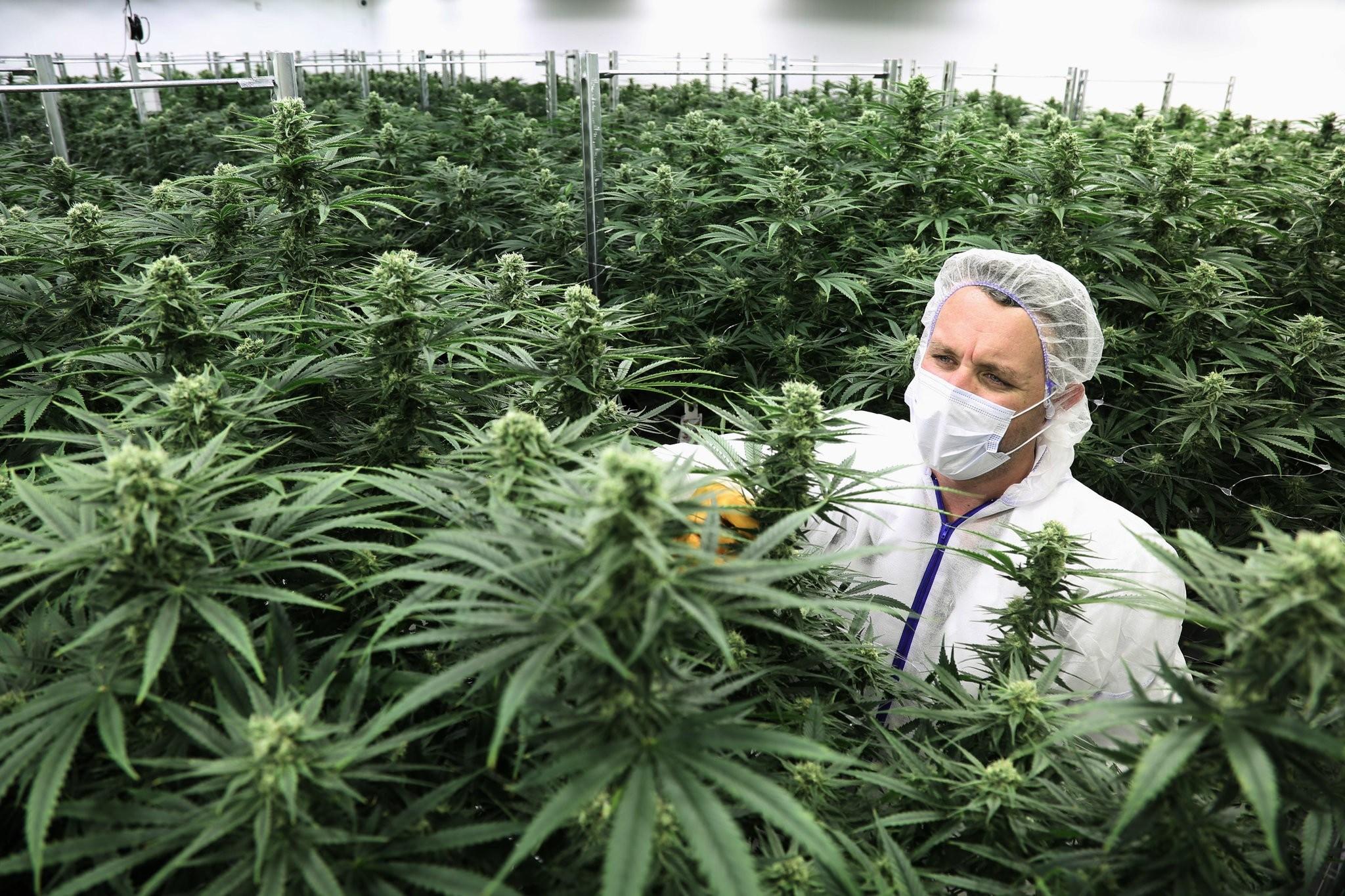
Farmers who lease their land
If the farmer leases the land, the license must be in the name of the farmer and not the owner of the land.
Compliance visit to the Ministry of the Interior
Hemp growers can receive a compliance visit from the Home Office. This happens to about 10% of hemp farmers. The purpose of the compliance visit is for the Home Office to verify that your hemp plant has been grown legally and that the location is clearly indicated on the license.
How much does the hemp license cost?
If this is your first time growing hemp you will be asked to pay a license fee of £ 580 (as of 2020; prices are subject to change in the future). A hemp license renewal costs £ 326. However, if a compliance visit by the Home Office is required, the renewal fee increases to £ 1,371.
The costs of a hemp license can be easily viewed on the home office homepage.
What other guidelines should hemp farmers follow?
In addition to obtaining a hemp license from the Home Office, hemp farmers must notify local police that they will be growing hemp on their farmland.
Cannabis growers are strongly advised not to grow hemp in areas that are in close proximity to schools or other sensitive public areas.
The Ministry of the Interior must be informed of any changes in the place of installation.
What can hemp growers do with their hemp plant?
Unfortunately, it is still illegal to use hemp flower in the UK. Once farmers get the proper licenses and grow their industrial hemp, they will harvest their crops by the end of the summer.
Current UK law allows hemp growers to harvest hemp seeds and stems but discard the flowers. The flowers must be destroyed on the spot and cannot leave the farmer's land.
As a result, British farmers are avoiding the more profitable side of growing hemp.
CBD is made up of hemp flowers and leaves
CBD is made exclusively from hemp flowers and leaves. There you can find cannabidiol and other cannabinoids, flavonoids and terpenes.
The seeds and stems contain very little, if any, CBD. They are typically used in textiles, construction, insulation, ropes, the cosmetic industry, paper and biofuels.
The UK's CBD manufacturing industry imports all the CBD it needs from Europe and the US, although hemp can and will be grown in the UK. Additionally, hemp flowers and leaves have much higher profit margins than seeds and stems.
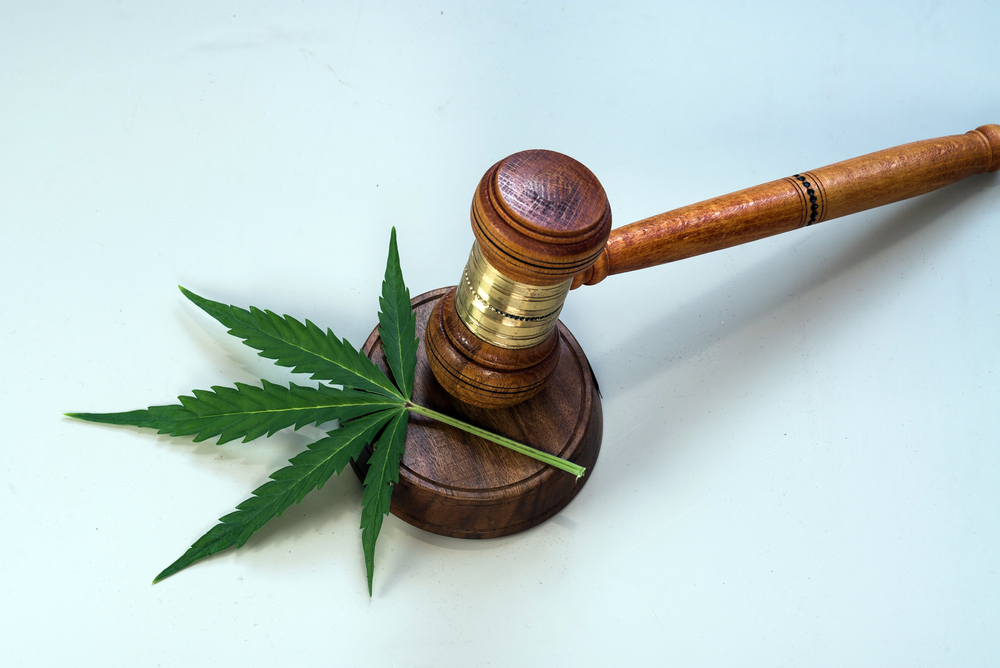
An outdated law
British hemp growers are calling for a change in the law in place so that they can compete on equal terms with hemp growers around the world. You rightly point out that legal restrictions discourage farmers from growing industrial hemp at a time when CBD consumption is on the rise and will continue to rise for years to come.
If the regulations were changed, there could be a domestic hemp industry that would support farmers, CBD producers, and the CBD industry in general.
Local agriculture would change and farmers could choose to switch from traditional crops to growing hemp. CBD producers would find local producers instead of buying CBD from overseas, and a domestic CBD industry could emerge that would make the UK a leader in this agricultural sector.
There are growing demands for a change in the law, but it remains to be seen whether these demands will be met.
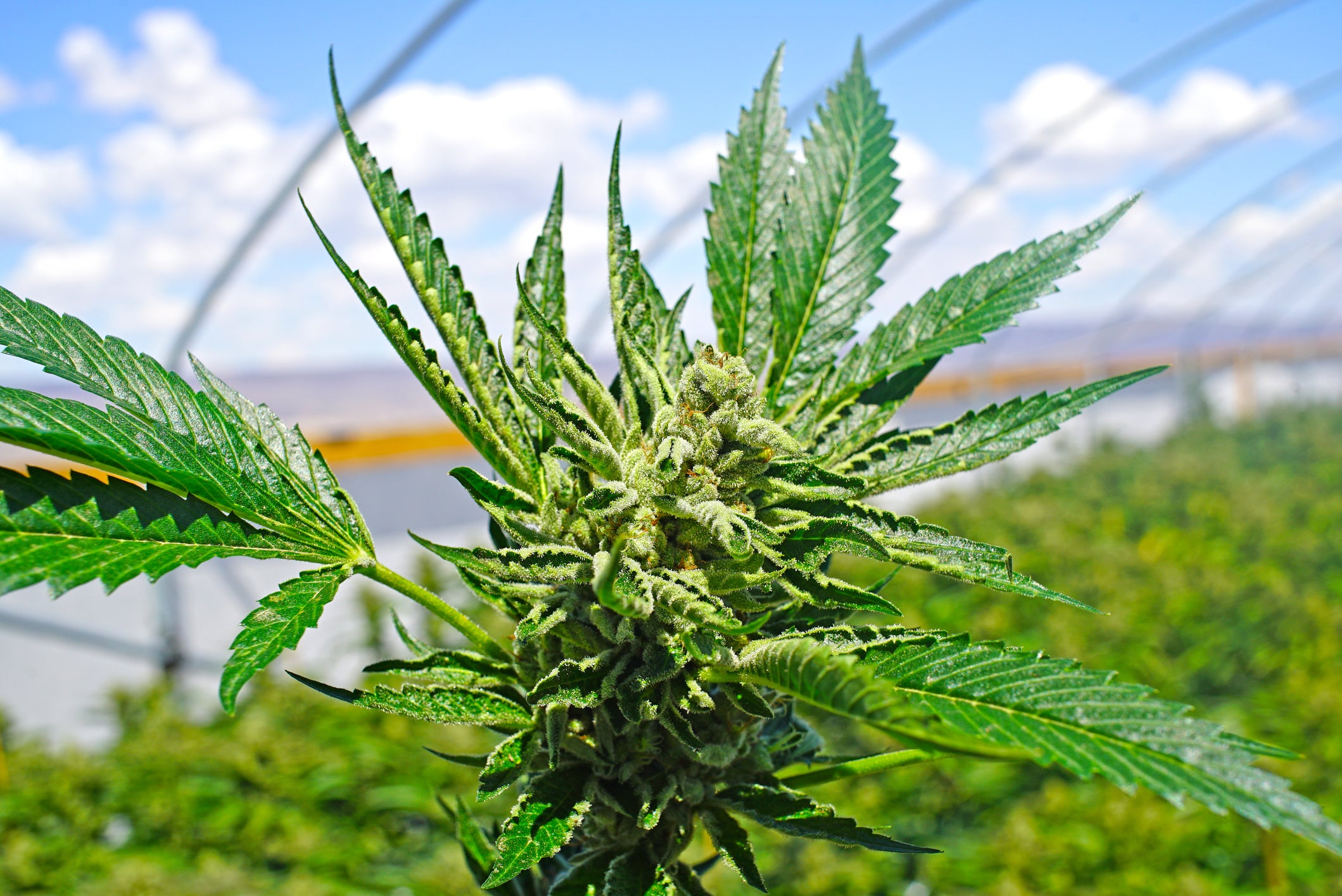
Conclusion
Hemp cultivation has a centuries-old tradition in the UK as the climate and country support hemp cultivation.
However, there are several legal hurdles that make growing hemp expensive and complicated. Budding hemp growers must obtain a special license from the Home Office and are required to meet several legal obligations.
The biggest obstacle to home hemp cultivation is the legal obligation to dispose of all hemp flowers and leaves after harvest. Hemp growers can only sell or use hemp stems and seeds, although the most profitable parts of hemp are the leaves and flowers, which contain the profitable cannabidiol (CBD).
Hopefully, the landscape of hemp farming will change in the near future as more and more farmers and industry leaders demand a change in the law. The CBD market is growing rapidly and the UK is expected to establish itself as a powerful producer of industrial hemp.

